Estate Plan – Why You Need It
Why do I need an Estate Plan?
- Simplify probate – In Texas, probate is generally very simple if you have a self-proven Will that allows for independent administration.
- Without an Estate Plan/Will – It’s actually more costly and leaves a lot of uncertainty; could lead to conflict
- Provide for Children
- If you have minor Children, you want to designate who will be their guardian: Declaration of Guardian for Minor Children
- Also, you will want to decide when they receive their inheritance/gifts: Testamentary Trusts
- Tax planning – the federal estate and gift tax exemption is $11.4 million per individual
What all documents should an Estate Plan include?
- Will – Document that distributes your Estate. You will need 2 witnesses and a notary.
- Durable Power of Attorney – Document that designates a person to handle the business or financial matters in your life if you are incapacitated/disabled or unable to make decisions.
- Medical Power of Attorney – Document that designates a person to make medical decisions if you are incapacitated.
- HIPPA Release – Document that designates the people that have access to your medical records.
- Advanced Directives – Document that allows you to choose if you want to discontinue life support.
Trust or No Trust?
- Supplemental Needs Trusts – A special needs trust can allow you to gift someone money in a trust without the beneficiary losing her/his government benefits.
- Revocable – A “living” trust that you can change at any time during your life. It contains assets that will pass to your heirs after your death without going through probate. A revocable trust also includes instructions for the distribution of the property it contains.
- Irrevocable – A trust used for life insurance policies or other assets that helps you avoid certain taxes and protects your assets from creditors. However, once enacted, these trusts cannot be easily changed.
Keeping up with your Estate Plan
- Review every 5-10 years or in the event of the following:
- Death in the family; Birth in the family
- Marriage; Divorce
- Significate change in your family, assets or debt
